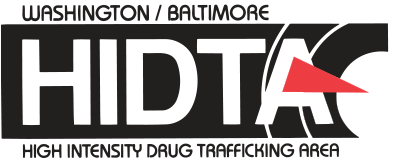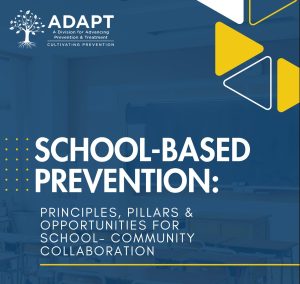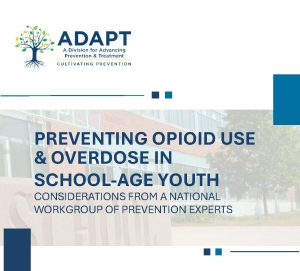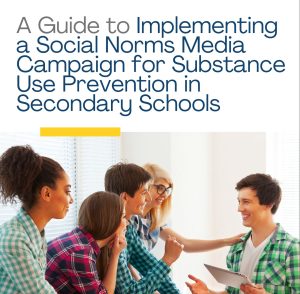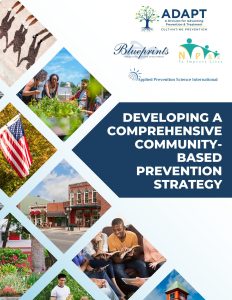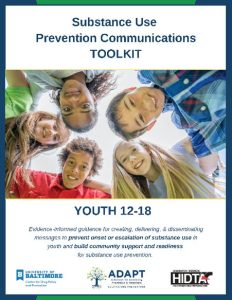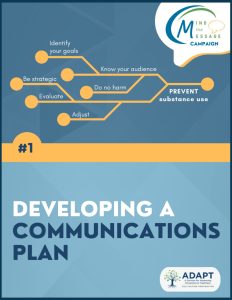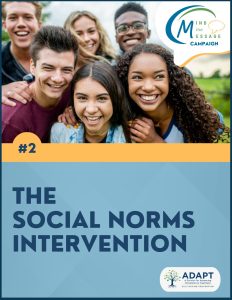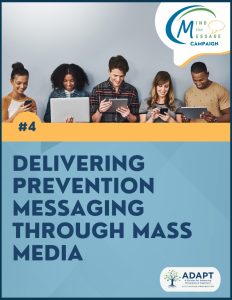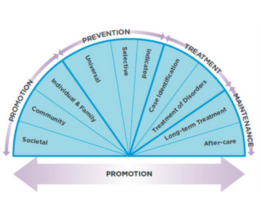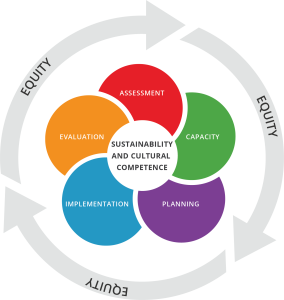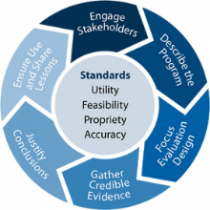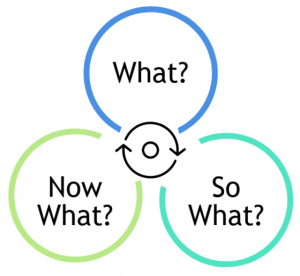ADAPT
Prevention Intervention
Resource Center
Welcome to the Prevention Intervention Resource Center (PIRC). PIRC serves as a repository for publicly available resources that may be helpful for HIDTA communities as they work to advance their evidence-based prevention programming.
For ADAPT training, event, and campaign resources, visit our ADAPT Resources page.
TOOLS & RESOURCES
Newly Released
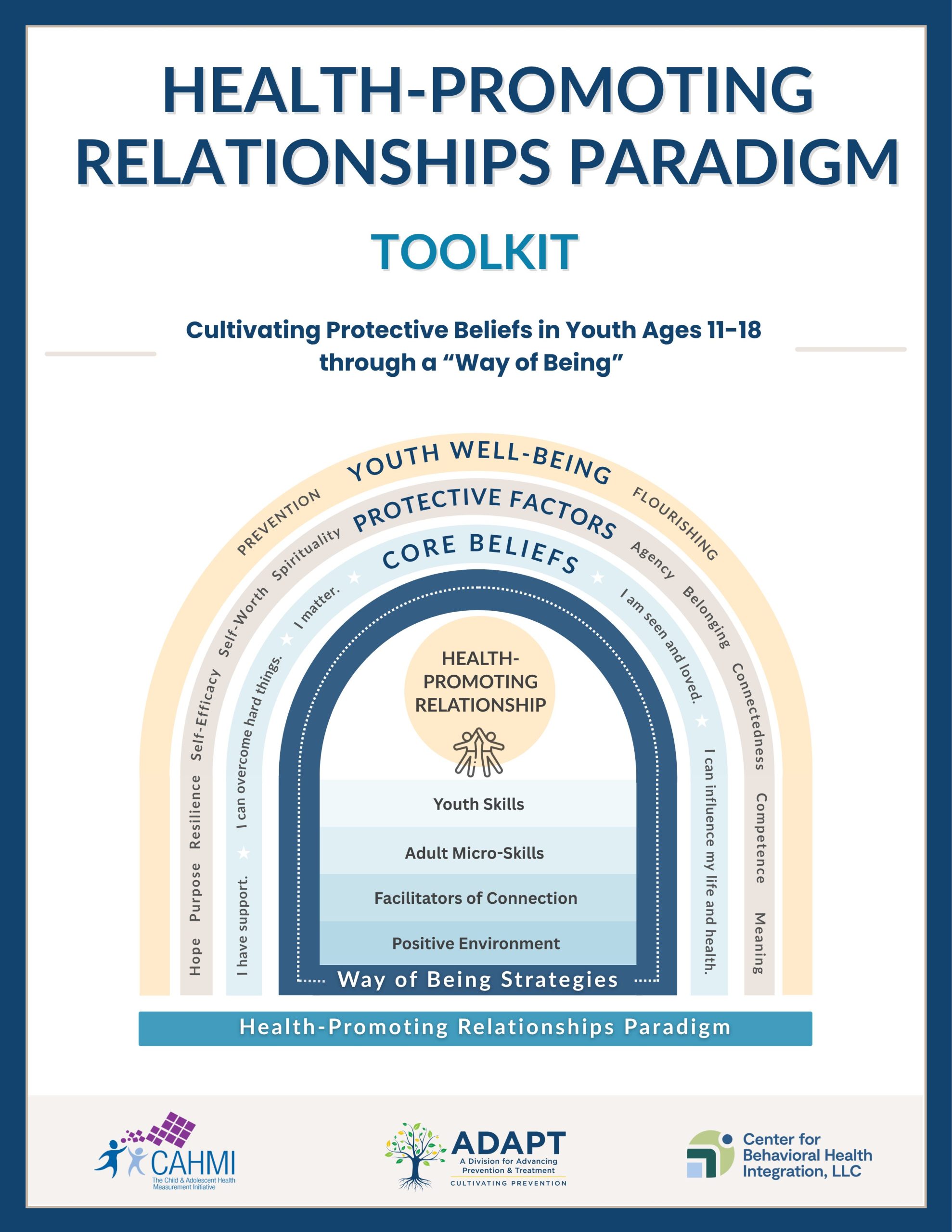
This Toolkit is designed to accompany training in the Health-Promoting Relationships Paradigm. Access this resource HERE.
Stay tuned for 2026 training dates on this paradigm!
Tools Released by ADAPT
Contact us at adapt@wb.hidta.org to request a version of any of the ADAPT tools that is formatted for professional printing.
Prevention Principles & Frameworks
Program Planning, Implementation, and Evaluation Resources
Prevention Communications
Registries of evidence-based STRATEGIES
Athena Forum’s Best Practices Toolkit
Toolkit to support best practice prevention programming.
Blueprints for Healthy Youth Development
Registry of promising, model, and model plus prevention interventions.
California Evidence-Based Clearinghouse for Child Welfare
Searchable database of child welfare related programs that provides descriptions and information on research evidence for specific programs.
CASEL’s Guide to Social and Emotional Learning Programs
Guide of preschool to high school social and emotional learning programs.
Cochrane Collaborative & Library
The Cochrane Library is a collection of databases that contain different types of high-quality, independent evidence to inform healthcare decision-making.
Institute of Education Sciences What Works Clearinghouse: Behavior Programs
Summarize findings from research reviews to determine which programs have evidence supporting their effectiveness.
National Institute of Corrections
Evidence-based resources on processes and programs specific to the justice system.
PEW Results First Clearinghouse Database
Resource that brings together information on the effectiveness of programs from nine national clearinghouses.
SAMHSA Evidence-Based Practices Resource Center
The Evidence-Based Practices Resource Center provides communities, clinicians, policy-makers and others with the information and tools to incorporate evidence-based practices into their communities or clinical settings.
University of Wisconsin Population Health Institute’s What Works for Health Tool
The What Works for Health tool is designed to help communities identify evidence-informed policies, programs, and system changes to improve the variety of factors that affect health.
Washington State Institute for Public Policy (WSIPP)
Benefit-costs results for public health and prevention programs.
GET CONNECTED
Keep up to date on news and announcements throughout the field by subscribing to communications from other prevention and substance use organizations.

Come Learn With Us!
Visit the HIDTA Prevention Learning Management System and get started on our first eLearning course: Substance Use Prevention Fundamentals.
All completed learning activities provide free NAADAC continuing education credits.
